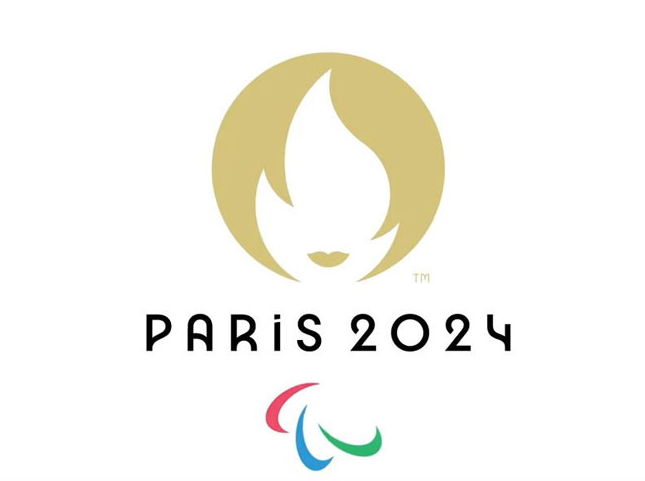Brazilian athletes challenge IOC’s ban on Christian symbols

The International Olympic Committee (IOC) has implemented a controversial ban on Christian symbols at the Paris 2024 Olympic Games, despite the opening ceremony featuring a parody of Leonardo da Vinci’s The Last Supper.
In July, Brazilian surfer João Chianca was compelled by the IOC to remove an image of Christ the Redeemer from his surfboard.
“The painting is not authorised in the Olympic Games because Christ is a religious figure,” the athlete posted on his social media feed, though the post was removed shortly afterwards. “The Games have strict rules and focus on total neutrality.”
This decision has led to accusations of double standards from members of the Christian community, who feel unfairly discriminated against.
Many have expressed frustration over the perceived mockery of The Last Supper during the opening ceremony, contrasted with the strict enforcement of rules against Christian imagery. For these athletes, such symbols are a source of inspiration and encouragement in their contests, making the ban seem particularly harsh and inconsistent.
“No type of political, religious, or racial demonstration or propaganda is permitted in any Olympic venue,” states Article 50 of the Olympic Charter, which is strictly enforced.
Although Chianca’s post was swiftly deleted, it provoked a strong backlash from his followers, many of whom felt that his faith should have been respected.
In the same week, a determined but silent protest from another Brazilian Christian athlete garnered significant media coverage.
Brazilian skateboarder Rayssa Leal expressed her faith in a creative manner. Before winning bronze in the women’s street skateboarding event, Leal used sign language to quote a famous Bible verse. She had become the youngest Olympic medallist at age 13 during the 2021 Tokyo Games and secured another bronze this year.
Shortly before her performance in France, Leal signed a verse from the Gospel of Saint John: “Jesus is the way, the truth, and the life.” Her sign language was initially puzzling to viewers until it was translated on social media, leading to widespread attention.
“When I was very young, I dreamed of becoming an athlete skateboarder,” Leal told reporters after winning bronze. “And here I am, with a second Olympic medal from the Games. Once again, thank God I won a medal. I am very happy to be here.”
The majority of Brazilians identify as Christian, with Roman Catholicism being the largest denomination. Recent surveys suggest approximately 50-60% of Brazilians identify as Catholic. However, there is also a significant Protestant population, including young Evangelicals, which has been growing in recent years.


